Economist: Trump's immigration halt amid coronavirus 'will harm the U.S. economy'
President Trump signed an executive order to temporarily halt immigration in response to the coronavirus pandemic.
"This would ensure that unemployed Americans of all backgrounds will be first in line for jobs as our economy opens," Trump said on Wednesday after signing the order.
The 60-day order will apply to immigrants outside of the U.S. at the time of the order and do not have a valid visa or travel document. At the end of the two-month period, the president said he would reassess whether or not to prolong the ban.
"In light of the attack from the Invisible Enemy, as well as the need to protect the jobs of our GREAT American Citizens, I will be signing an Executive Order to temporarily suspend immigration into the United States!" Trump tweeted on Monday.
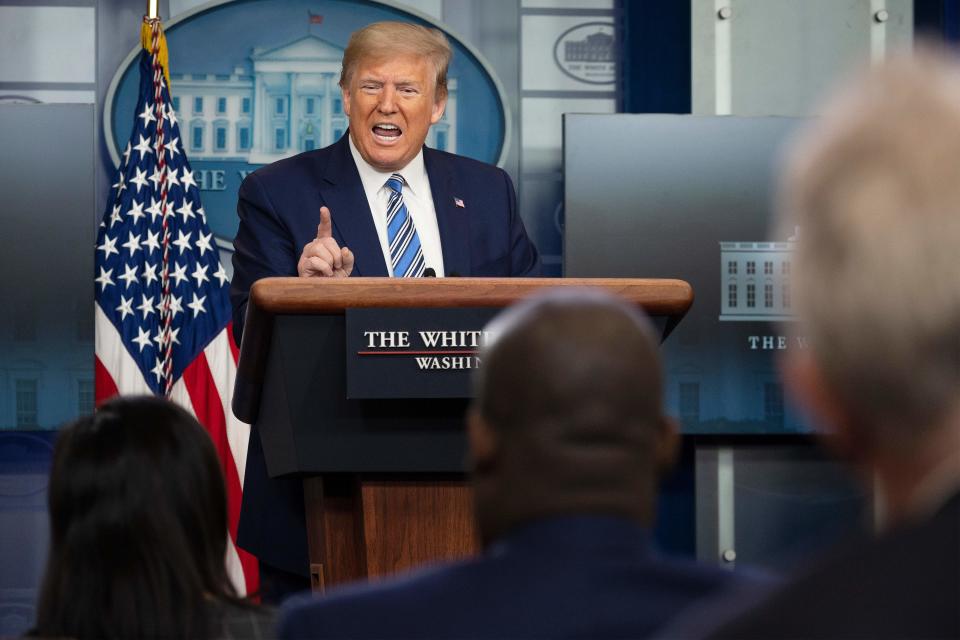
Michael Clemens, an economist at the Center for Global Development and the Institute of Labor Economics, said that there is no economic evidence to support the action by Trump.
“This wildly irresponsible act will do nothing at all to slow the spread of the virus,” Clemens told Yahoo Finance. “The U.S. is already the global epicenter of the disease by far. The problem is in here, not out there. And it will harm the U.S. economy, making the economic depression longer and deeper than it would have been.”
‘Worsen the long-run damage’ to the economy
The U.S. accounts for nearly 40% of all coronavirus cases around the world. As of April 22, it had over 825,000 cases and over 45,000 deaths from COVID-19.
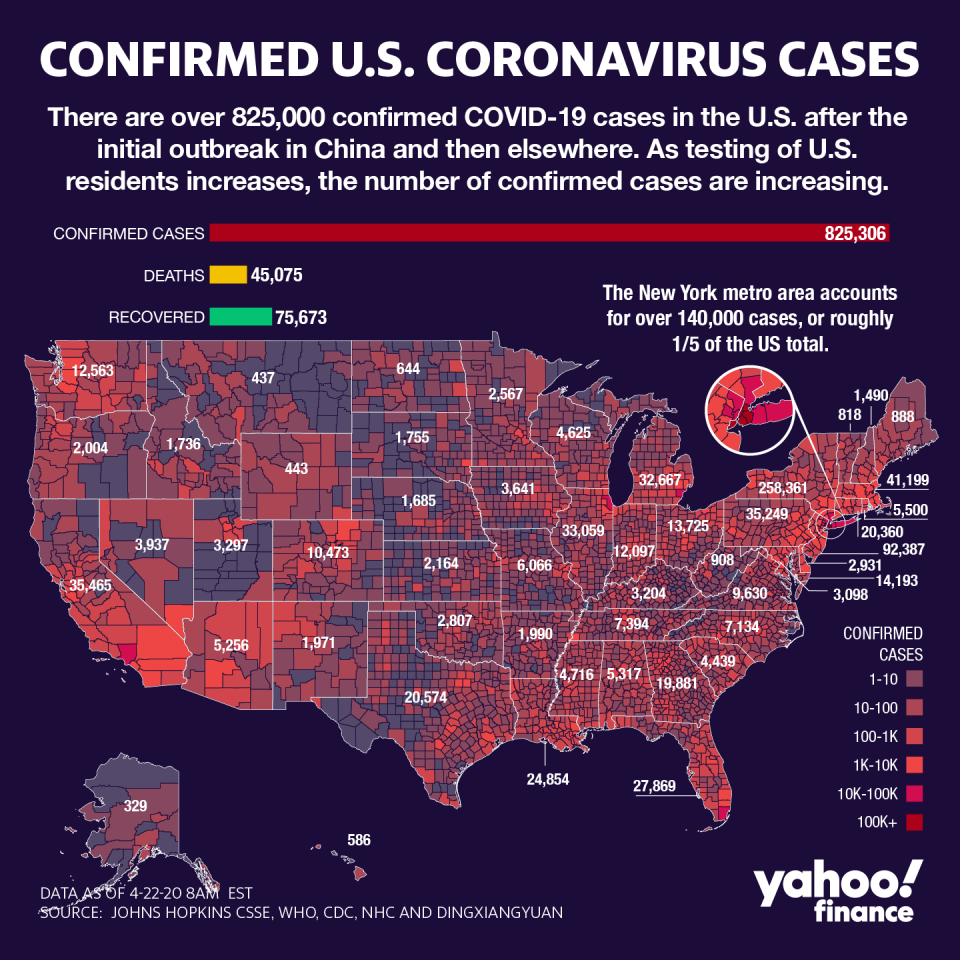
Because of the growing case count, governors around the country began implementing stay-at-home orders to try to curb the spread of the virus. However, this led to a massive shock to the U.S. economy as businesses closed and unemployment claims spiked as a result.
According to Clemens, the move by Trump “will worsen the long-run damage” to the economy.
“This is what the leading economic research has found,” he said, citing a research paper from the National Bureau of Economic Research (NBER). “Back in the Great Depression, the United States banned and deported most immigrants from Mexico… this act made native unemployment worse in the Depression. This is because immigrants are the backbone of many industries that massively employ Americans. A few Americans took jobs opened up by the past barriers. But more Americans lost their jobs when the businesses that depended on immigrants folded.”
In 2018, foreign-born workers accounted for approximately 14% of the American workforce.
Even with exceptions for seasonal farm work and front-line health workers, Clemens said, “that doesn’t even begin to capture the ways that the public health battle and the economy depend on immigrants.”
He continued: “Immigrants clean the hospitals, without which an Intensive Care Unit cannot operate. Immigrants render meat and ship it to grocery stores, without which Americans staying at home can’t make sandwiches. Immigrants are more than a third of U.S. bakers. They are 31% of the janitors and 20% of the delivery workers at grocery stores. They are 29% of all workers in food processing. If you’re self-isolating at home now, you almost certainly ate food processed by an immigrant this very morning.”
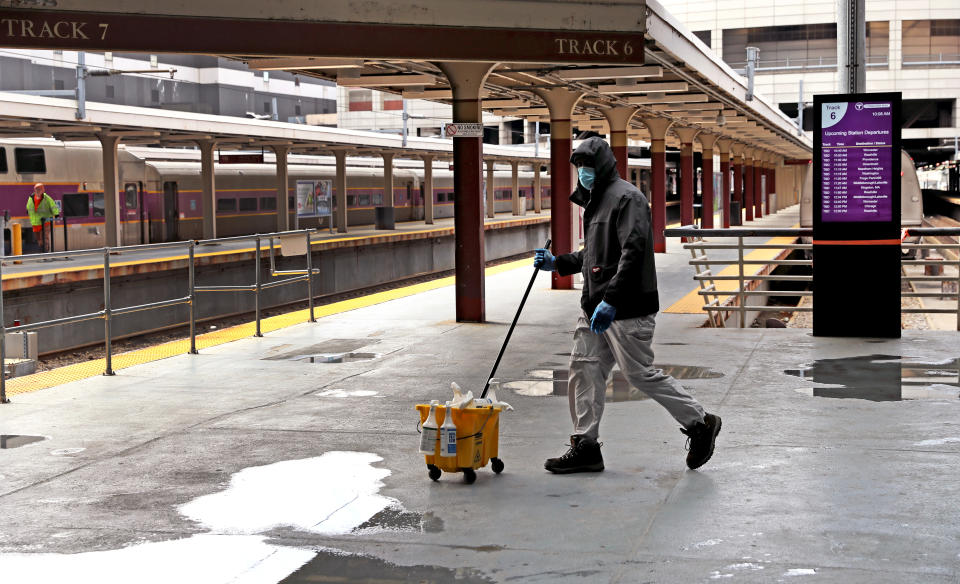
‘The current president believes Americans are gullible enough’
Clemens argued that range of industries already facing uncertainty due to the coronavirus could be hurt even more by the immigration halt. These include food processing, warehousing, shipping, elder care, child care, grocery stores, and information and communications technology.
“Immigrants are the backbone of these industries,” he said. “Millions of American natives’ jobs depend on those industries having the employees they need to bounce back. The president is ensuring they will not.”
Clemens accused Trump of “pulling a very old trick” on Americans, with racial and historical roots.
“Amidst the longest economic depression in U.S. history, in 1882, the federal government banned all immigration by Chinese people,” he explained. “It argued this was necessary to save Americans jobs in a crisis. The ban lasted, with immaterial exceptions for 83 more years — generations after the crisis ended. It certainly served to inflame ethnic hatred in the country and give the appearance that politicians were ‘doing something’ about the economic crisis.”
He continued: “But it failed in its stated purpose and harmed America in countless economic and non-economic ways. The current president believes Americans are gullible enough to trust that this ban will help them.”
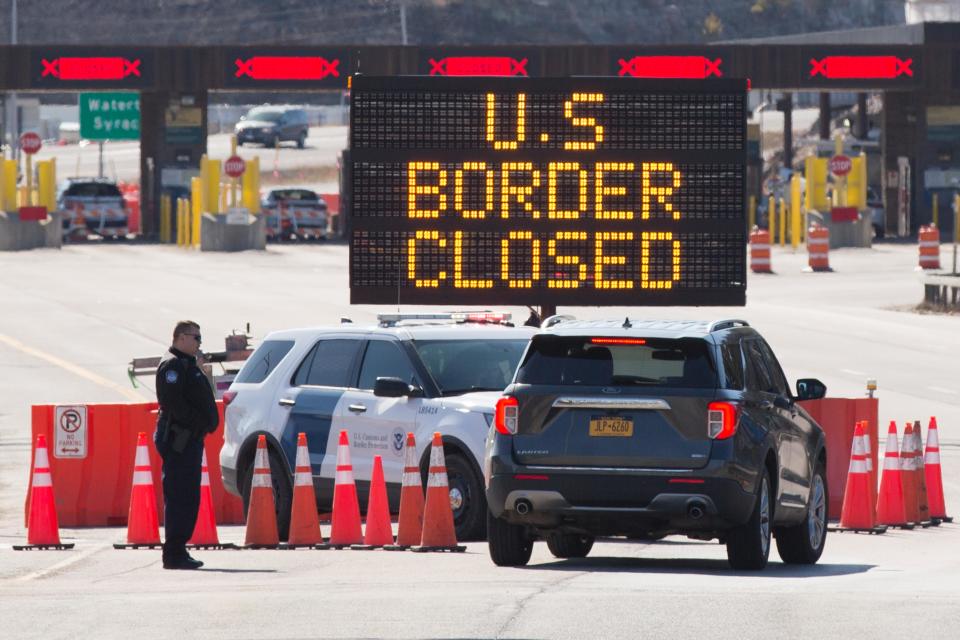
A faulty premise
Trump indicated that part of the reason for suspending immigration was to protect the jobs of American citizens. But Stuart Anderson, the executive director of the National Foundation for American Policy, described that premise as “faulty.”
“It is simply incorrect to assume that adding new entrants to the labor force means other people lose their jobs,” Anderson told Yahoo Finance. “Otherwise it would be considered bad news for other workers whenever high school and college students graduate and enter the workforce.”
A 2019 paper from the Penn Wharton Budget Model highlighted how increasing legal immigration can have a major positive impact on GDP, stating that 1.6 million more legal immigrants over the next 35 years would put the average annual GDP growth at 2%. This is because it leads to more consumers, more demand, and more taxes paid.
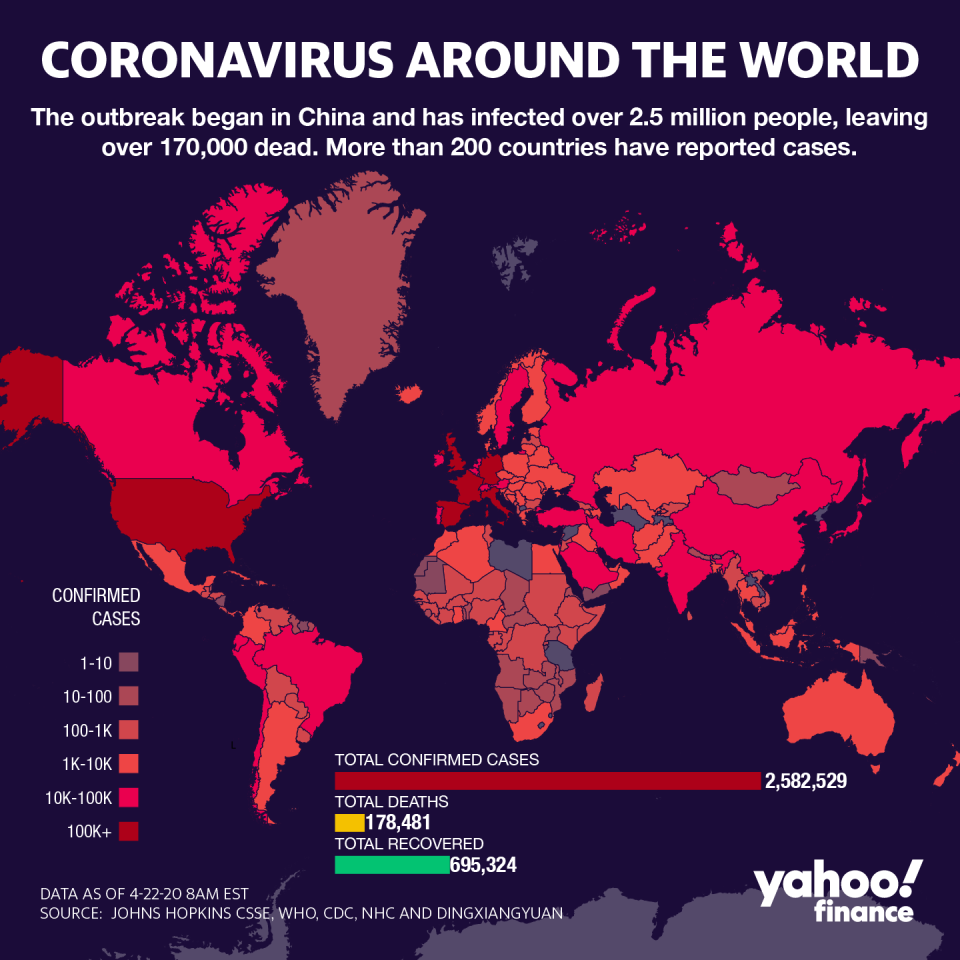
Exequiel Hernandez, a professor and economist at Penn Wharton, said that it’s important to note the distinction of immigrants being more than just labor.
“When an immigrant comes, whether low- and high-skill, of course they are looking for jobs,” Hernandez told Yahoo Finance. “But they also function as consumers, taxpayers, transmitters of new ideas, etc. So thinking of immigrants as zero sum competitors in a labor market makes little sense. Yes, they compete for jobs, but they also make the market larger and more differentiated. This creates opportunities for natives and immigrants.”
A study based on U.S. Census Data found that immigrant-owned tech firms are more innovative than U.S.-born entrepreneur firms. Examples of this include Google (GOOGL), co-founded by former Soviet Union resident Sergey Brin, and Tesla (TSLA), founded and run by CEO Elon Musk, a South African native.
“The tech sector is the only thing keeping large parts of the country functional at the moment,” Clemens said. “This is perhaps most visible in the immigrant-founded company Zoom, whose video communication service is the only thing keeping our universities operational at the moment.”
Zoom was founded by Eric Yuan, who immigrated from China to create his company. It had taken him nine tries to get his visa that finally allowed him entry into the U.S. in 1997.
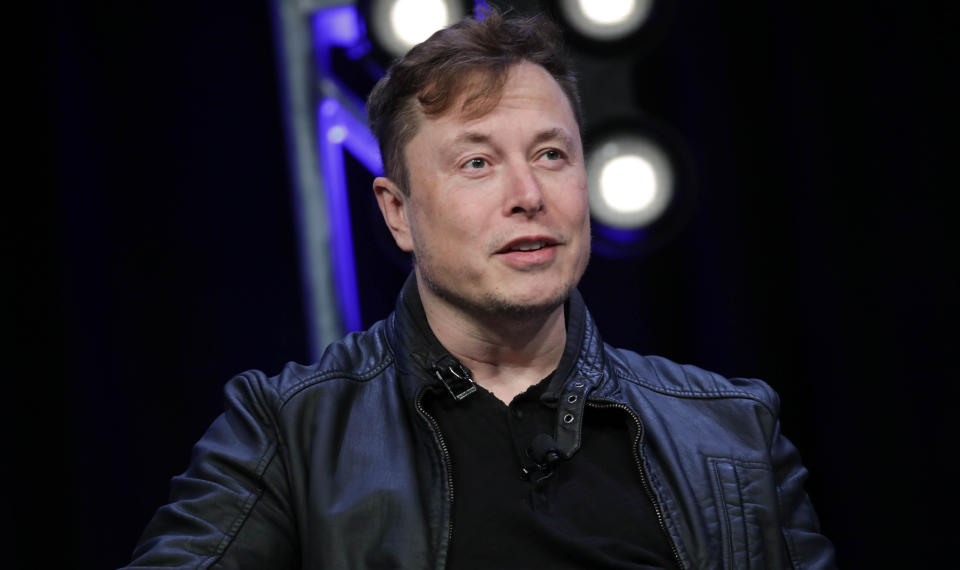
Consequences down the line
Although Trump has indicated so far that this immigration ban would be temporary, the economic damage may linger.
“These ‘temporary’ restrictions can have significant long-term consequences because of the message they send to potential immigrants,” he said. “They communicate that the U.S. doesn’t want them, and the most talented migrants will take their skills elsewhere.”
The U.S. experienced its largest drop in foreign-born growth in 2018, which some have attributed to the Trump administration’s hardline stances on immigration. And a note by Capital Economics stated that the longer-term effects of halting migration could put a damper on U.S. growth down the line.
“A successful push to halt net immigration over the next decade could leave the U.S. working age population 5% smaller by 2030, knocking up to 0.5%-pts off trend economic growth each year,” the note said. “In that scenario, even returning to 2% economic growth on a sustained basis would begin to look ambitious.”
Adriana is an associate editor for Yahoo Finance. Follow her on Twitter @adrianambells.
READ MORE:
Over 9 million Americans lost health insurance amid coronavirus pandemic, analysis finds
Biden and other Democrats blast Trump's health care rejection amid coronavirus
Michigan ER doctor on coronavirus: 'I'm extremely concerned' about talk of reopening society
Read the latest financial and business news from Yahoo Finance
Follow Yahoo Finance on Twitter, Facebook, Instagram, Flipboard, SmartNews, LinkedIn, YouTube, and reddit.
